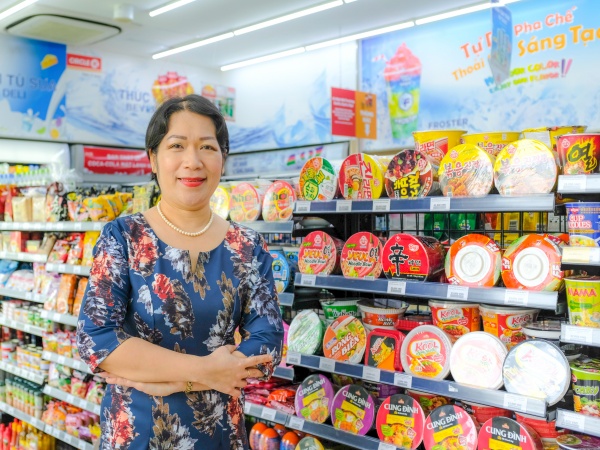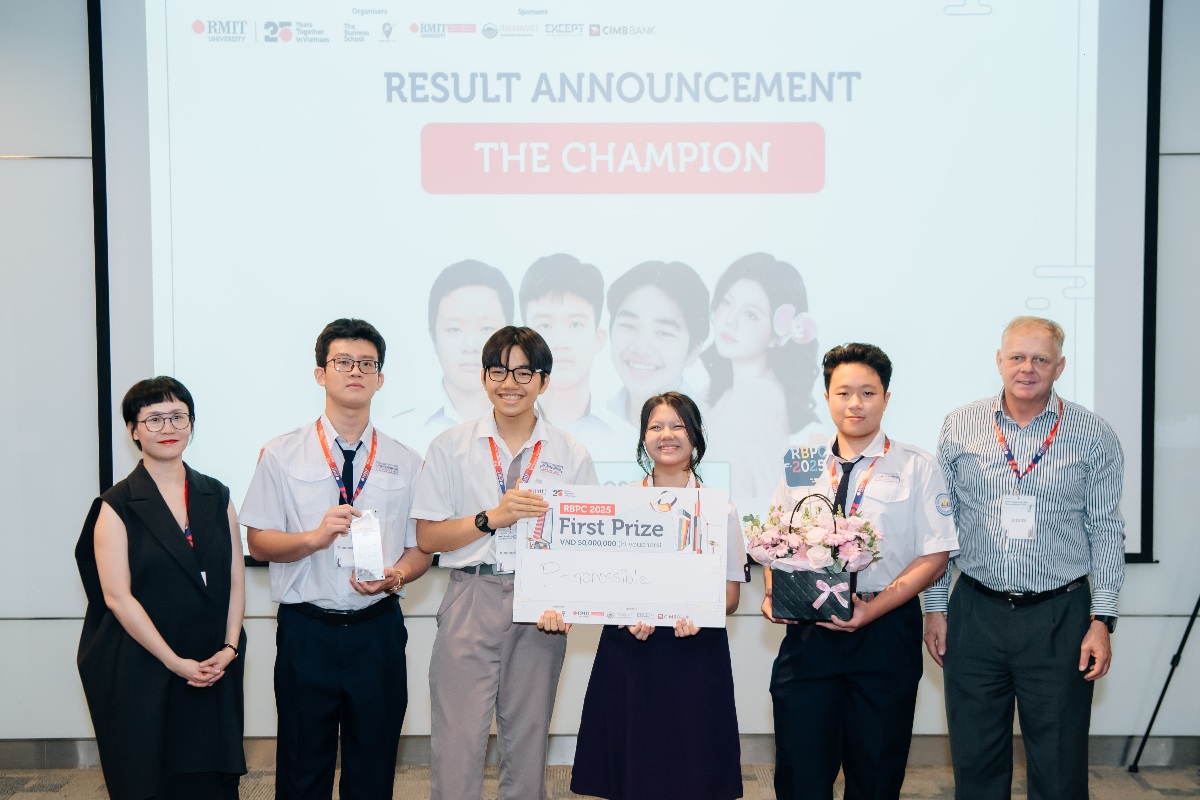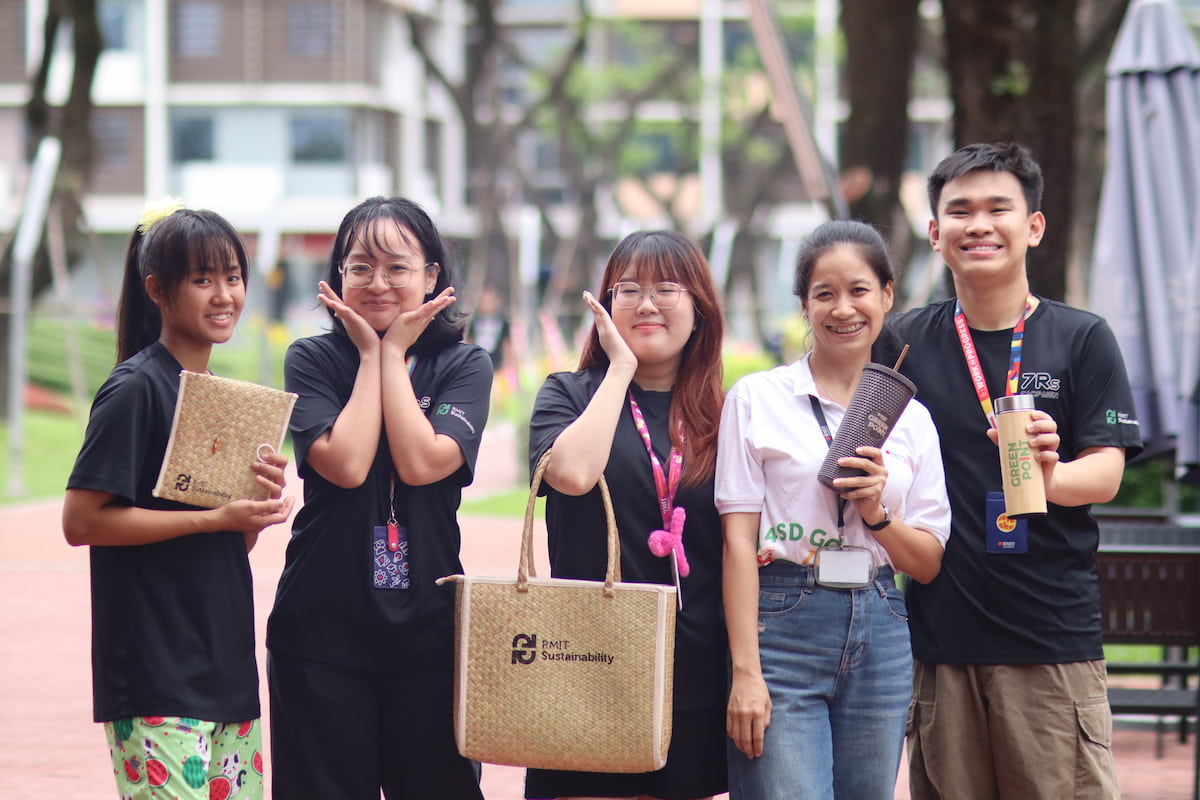“According to Ho Chi Minh City Department of Natural Resources and the Environment, approximately 120 tonnes of packaging of all types – of which roughly 60 per cent is plastic – are used every day in Ho Chi Minh City, Vietnam’s largest city,” explains Ms Anh Thu.
“As plastic can take a long time to decompose, this will have serious adverse effects on the environment of Vietnam.”
A recent report from Ocean Conservancy, an international ocean protection group, claimed that Vietnam is among the world’s five worst marine polluters when it comes to plastics. China, Indonesia, the Philippines, Thailand and Vietnam are responsible for as much as 60 per cent of plastic waste in the world’s oceans.
“Much research shows that every year, environmental pollution causes more deaths around the world than wars and general violence, with ninety-two per cent of these pollution-related deaths occurring in developing countries,” Ms Anh Thu says.
“Promoting pro-environmental consumer behaviour should be a priority agenda item, especially in developing countries, where environmental sustainability is often overlooked due to short-term economic development needs.
“In pro-environmental behaviour, green consumption is important as it affects the environment through consumer acquisition, use and disposal of goods and services.”
In her PhD thesis, Ms Anh Thu is studying what influences consumers to make “green” purchases.
“I’m looking at consumer intention to make green purchases, especially as it relates to the environmental packaging of food products,” Ms Anh Thu explains.
“I’m focusing my research on packaged foods, particularly packaged instant noodles, in an emerging market context.
“Due to the gap between intention and actual purchase, it would be useful to highlight the significant relationship between the intention to make a green purchase and the willingness to pay for environmental packaging.”
Ms Anh Thu believes that people are more likely to make green purchases if they self-identify as supporters of the environment, or are active in environmental issues.
“Consumers in Vietnam regard biodegradable and paper-based packaging as eco-friendly alternatives to plastic, and they are ready to pay above average market prices for products in this kind of packaging,” says Ms Anh Thu.
“Increasing the availability of these alternatives can increase market opportunities to turn consumers’ behavioural intention into actual green purchases.”
This would be good not just for green businesses, but also for the environment.
Ms Anh Thu, who teaches in the School of Business & Management, recently won RMIT Vietnam’s first 3-Minute Thesis competition by summarising her doctoral thesis on consumer orientation towards eco-packaging.
Story: Hoang Ha





